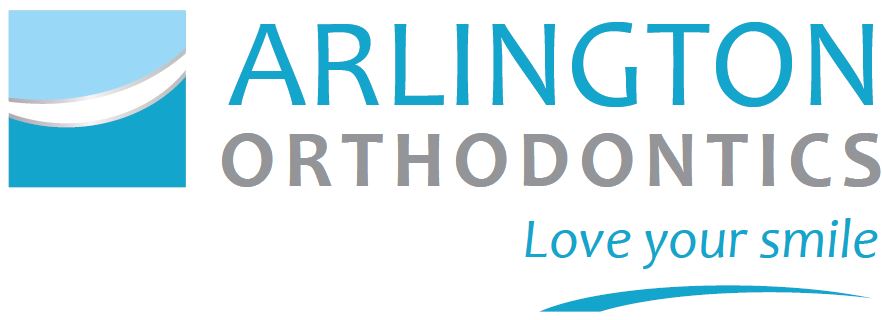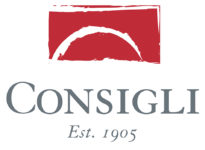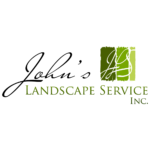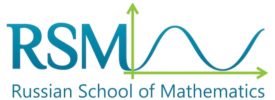Purpose
Development and Expansion Grants are awarded to support the development of new educational strategies that target demonstrated need and have the potential to serve as models for the rest of the district. Development and Expansion Grants may be school-based or district-wide. Projects may:
- Support the expansion and sharing of successful pilot projects funded through the Innovations in Education Grant program.
- Provide professional development and resources that enhance curriculum and/or community in the Arlington Public Schools.
- Support administrative leadership initiatives that enhance curriculum and/or community in the Arlington Public Schools.
Amount
$5,000 – $20,000
Deadline for Application
Applications (letter of intent) are reviewed on a rolling basis between September and June. Applicants must be invited to apply (see below).
Who Can Apply
Arlington Public Schools teachers and administrators. We encourage the involvement of local strategic partners.
Key Guidelines
- Prior to applying, grant applicants must contact either the AEF President, the Arlington Public Schools AEF Liaison or the Assistant Superintendent to obtain an invitation to apply.
- Once approved to apply, applications must include a Letter of Interest, including project need, project description, estimated timeline, target population, qualifications of key personnel and collaborators, how the project will be sustained after the grant period, and proposed budget.
- To position the grant for the best success, all proposals require the support and approval of the Assistant Superintendent for Curriculum and Instruction.
- Applicants will meet with AEF and the Assistant Superintendent for Curriculum and Instruction.
Past Development & Expansion Grants
Health & Wellness
- Student Mental Health and Well-Being
This grant supports student mental health and well-being by teaching self-regulation strategies with the help of biofeedback devices coupled with a new Social and Emotional Learning program implemented in Arlington’s elementary schools. The goal is to reduce anxiety, teach and practice self-regulation strategies, and accelerate student growth. (2023) - Understanding Our Differences
AEF awarded a grant to expand the Understanding Our Differences curriculum to all seven elementary schools (previously implemented at Bishop and Dallin). Understanding Our Differences is a nationally recognized, award-winning disability awareness program that teaches elementary students to respect, accept, and appreciate people of all abilities, including those with physical disabilities, learning disabilities, and autism. (2021) - Creating Safe & Supportive Schools in Arlington
This planning grant helped to create a cohesive vision for behavioral health in the Arlington Public Schools. A working group assessed existing programs to identify areas of greatest need and developed a recommended action plan for district-wide services to increase support for behavioral health prevention and treatment for all students. (2016) - Social Emotional Learning Through Mindfulness
An expansion of a Fall 2016 Innovations in Education grant, this project provided mindfulness training for an additional 41 staff representing every building in the district, increasing mindfulness training and expanding the district’s implementation and support of innovative mindfulness based practices. (2018) - Innovative Care Coordinator
Innovative Care Coordinators (ICCs) focus on care management of students with high absenteeism associated with chronic or acute health conditions by collaborating with families, school professionals and outside health providers with the goal of decreasing absenteeism. This grant expanded the ICC program (currently at the High School and Middle School) by providing training to elementary school nurses. (2015)
Science, Technology, Engineering, and Mathematics (STEM)
- Interdisciplinary Problem Solving with Robotics across Grades 3-5
This grant expanded on a grant from the AEF in 2022 which created a robotics curriculum for grades K-2. This 2023 grant funded the creation of a robotics curriculum for grades 3-5, introducing Microbits and Finch robots at all seven elementary schools. The goal is to provide a starting point for developing basic programming skills, and practicing the directional language, measurement, problem-solving, and collaboration, with an interdisciplinary approach. (2023) - Interdisciplinary Problem Solving with BeeBots across Grades K-2
This grant provided each Arlington elementary school with 20 BeeBots along with interdisciplinary curriculum activities, lesson plans, and card-mat activity printouts. The goal is to provide a starting point for developing basic programming skills, problem-solving, and collaboration, with an interdisciplinary approach. (2022) - Expanding Ottoson Middle School Technology Programming
This grant integrated robotics into the tech program, replaced outdated wood working tools with advanced manufacturing tools, and provided professional development for technology teachers at Gibbs, Ottoson, and AHS on the use of 3D printing technology. (2022) - Maker Culture/Makerspace: Interdisciplinary Teaching, Learning & Building
This grant provided a high-speed, high-precision CNC (Computer Numerical Control) laser cutter to enhance Arlington High School’s emerging makerspace and support interdisciplinary STEAM (Science, Technology, Engineering, Arts and Mathematics) opportunities. (2016) - Computer Science, Makerspace and Robotics across Grades 6-8
The district’s Computer Science curriculum expanded and updated, introducing 6-8 graders to robotics and 3D production and design. This grant built on the Arlington Education Foundation’s partnership with the district to create a High School Computer Science program in 2013 and re-write the 6th grade ‘Digital Media Literacy’ Computer Science curriculum in 2015. As a result of this latest partnership, the district was able to provide a continuous Computer Science curriculum path from grade 6-12. (2018)
Teaching Practice & Leadership
- Elementary Teacher Leadership Program
The expansion of a Master Teacher pilot program, focusing on the Common Core’s demand for increased content area and pedagogical skills, provided personalized coaching and mentoring to participating teachers. (2015) - Trauma Sensitive Teaching Practice
As a result of this grant, Arlington is one of three Massachusetts districts with a cohort of teachers certified in ‘Trauma Sensitive Practice’, providing training needed to create trauma sensitive environments that benefit all children. This grant built on, and is supportive of, the district’s Safe and Supportive Schools work with the Arlington Education Foundation. Ensuring a strong certification cohort helped ensure that the district would have in-depth knowledge as well as confidence in appropriately educating and supporting any child who feels less than secure at school because of traumatizing experiences. (2018)
World Languages
- Thematic Units in World Languages
As the World Languages department moved from an achievement-based approach to a proficiency-based approach, they developed thematic curriculum units for grades 6-12. This grant brought the World Languages department in line with recent trends in teaching and learning in this discipline. Thematic units have a ‘less is more’ approach, providing time for learners to focus on fewer topics in-depth rather than many topics superficially. (2018)
The Arts
- Screen Printing Across the Curriculum
This grant application scaled up and expanded Arlington Public Schools’ screen printing capabilities so that it can be accessed by all age and experience levels to produce a wide variety of materials and further expand the creative choices of our students and larger community. (2023) - AHS MakerLab Curriculum Expansion
This grant expanded the curriculum of the Arlington High School MakerLab to include new mold-making, metal casting, and metalsmithing capabilities through the purchase of new equipment. With this new material, students can make molds out of various urethane and silicone rubbers; cast in rubber, plastics, and resins; and use sand casting and lost wax casting to work with bronze and aluminum. (2022)









